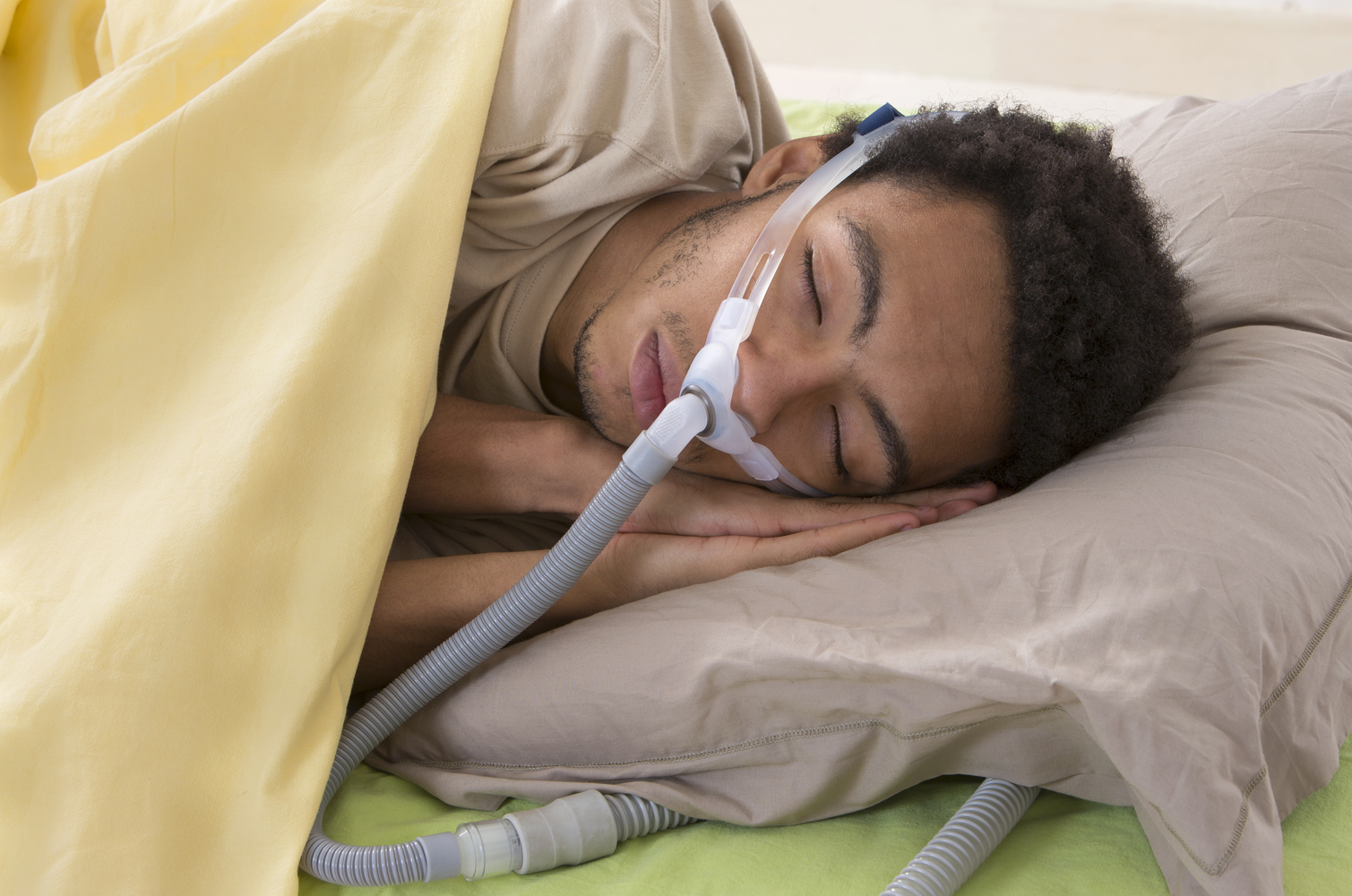
Sleep Apnea: Types, Causes, and Symptoms
Sleep apnea is a condition that can cause breathing problems while a person is asleep. It can have a serious effect on the quality of life and hence needs to be treated promptly This article lists out the causes of sleep apnea and symptoms.
Sleep apnea types
Before understanding the causes of sleep apnea, it is essential to know the types of sleep apnea. There are three types of sleep apnea. They are:
- Obstructive sleep apnea: This is a serious form of sleep apnea, where the muscles in the throat relax, causing breathing difficulties while asleep.
- Central sleep apnea: This occurs when the brain fails to send proper signals to the muscles that control breathing and as a result, it causes breathing problems.
- Complex sleep apnea: This is a condition where a person has both obstructive and central sleep apnea.
Causes of sleep apnea
Sleep apnea primarily occurs because of a blockage in the airways. This affects breathing leading to the various symptoms of this condition. The exact cause of sleep apnea depends on the type of sleep apnea.
In the case of obstructive sleep apnea, the muscles in the back of the throat would relax. Because of this, the airways become narrow. When you breathe in, the airways normally open up to allow air. When it closes or is narrow, then there is obstruction to breathing. This causes a depletion in oxygen level and you wake up suddenly while asleep gasping for breath. This can cause a choking sensation.
Central sleep apnea is not so common and occurs due to a problem where the brain does not send proper signals to the muscles, which regulate breathing. As a result, breathing stops suddenly. This causes the person to suddenly wake up. This may be due to an underlying cause like a heart problem or a stroke.
In some cases, there may be a physical obstruction due to excess fat or thick tissues. This can restrict the flow of air and as a result causes snoring.
Symptoms
The blockage of the airways causes breathing problems. The symptoms experienced by those who have sleep apnea are:
- Snoring while sleeping
- Disturbed sleep and waking up suddenly gasping for breath
- Restlessness while asleep due to the breathing problems
- Poor sleep quality that makes the person feel tired
- Tiredness and feeling sleepy during the daytime
- Sore throat or a dry feeling in the mouth on getting up
- Headaches that occur commonly
- Irritable feelings and mood changes
- Difficulty in concentrating on work.
Apart from these common symptoms, there can be other complications like: - Increase in blood pressure and increased risk of a heart attack
- Increase in blood sugar levels with diabetes level 2
- Liver problems.



